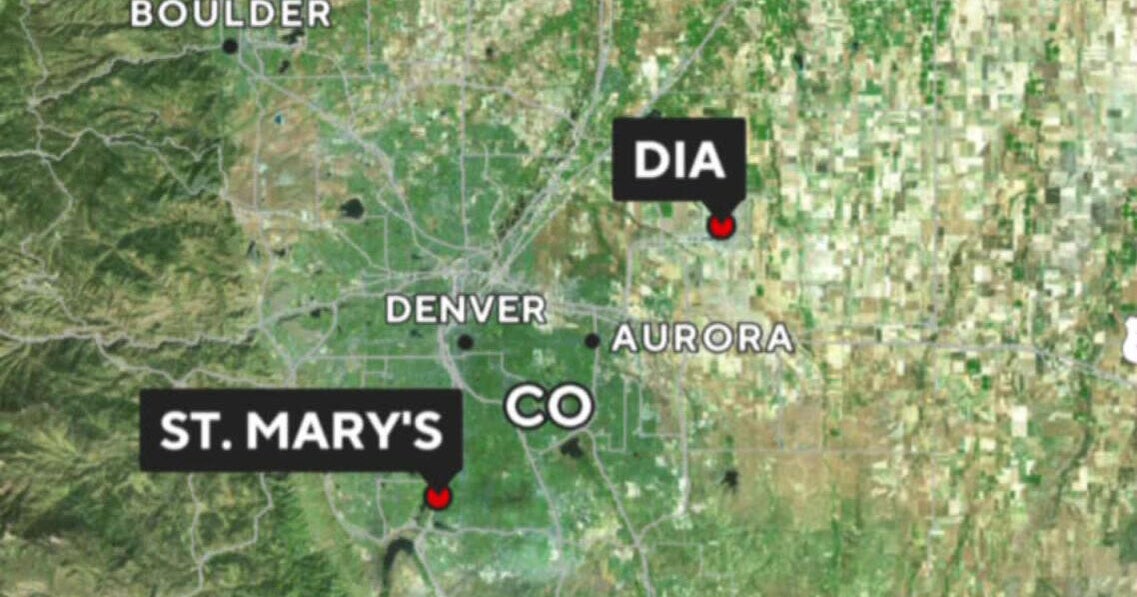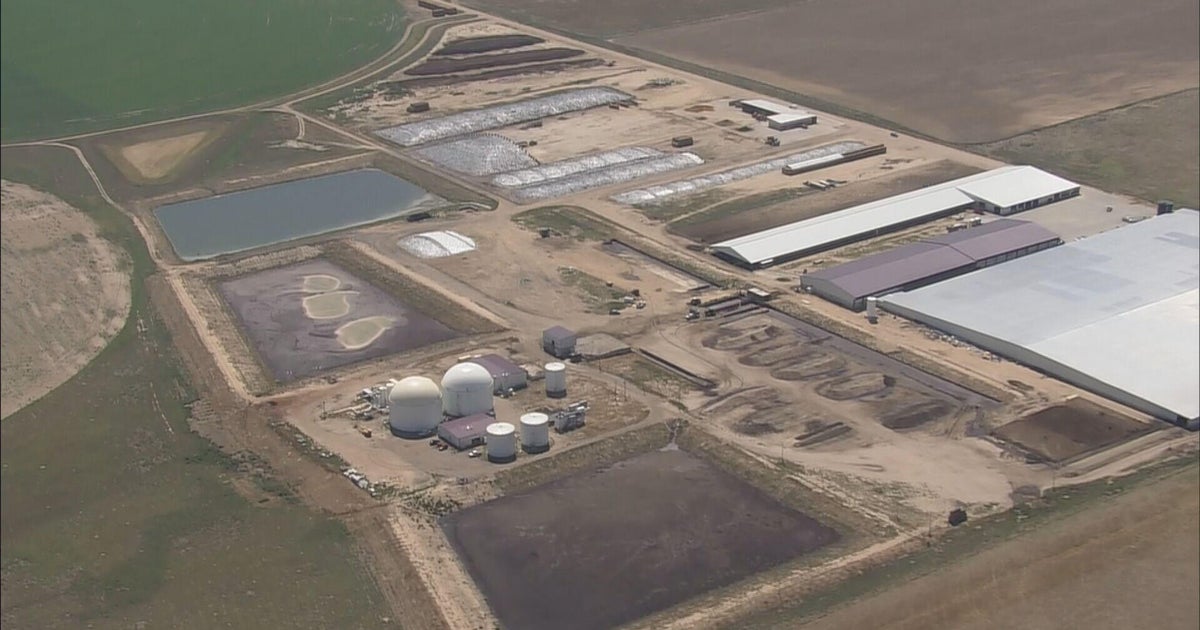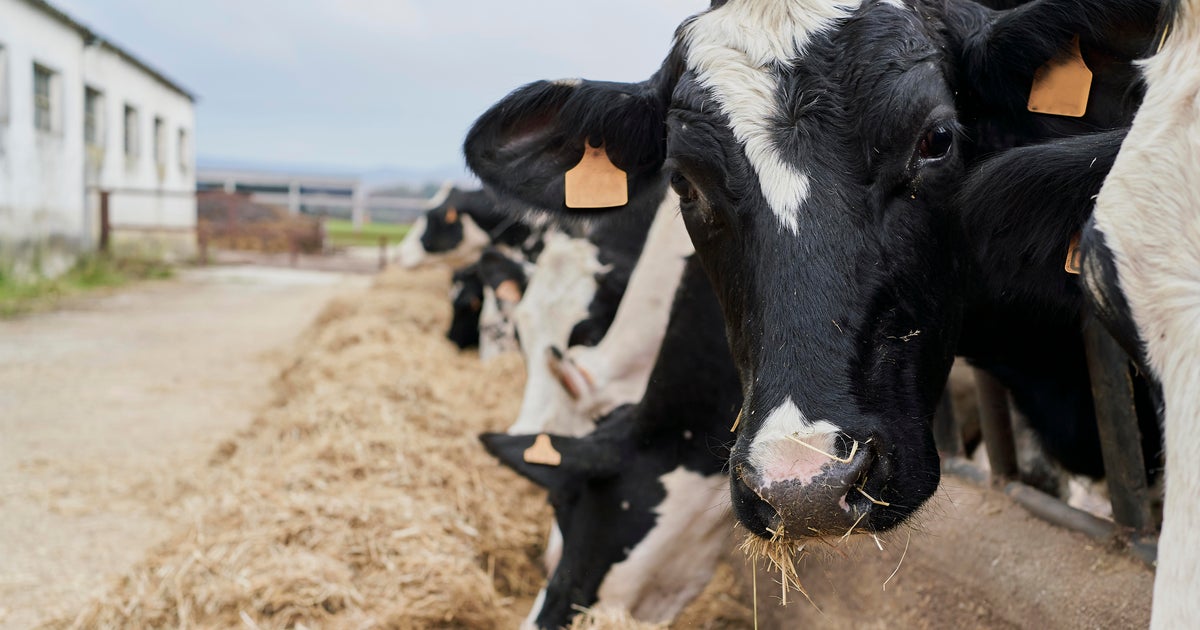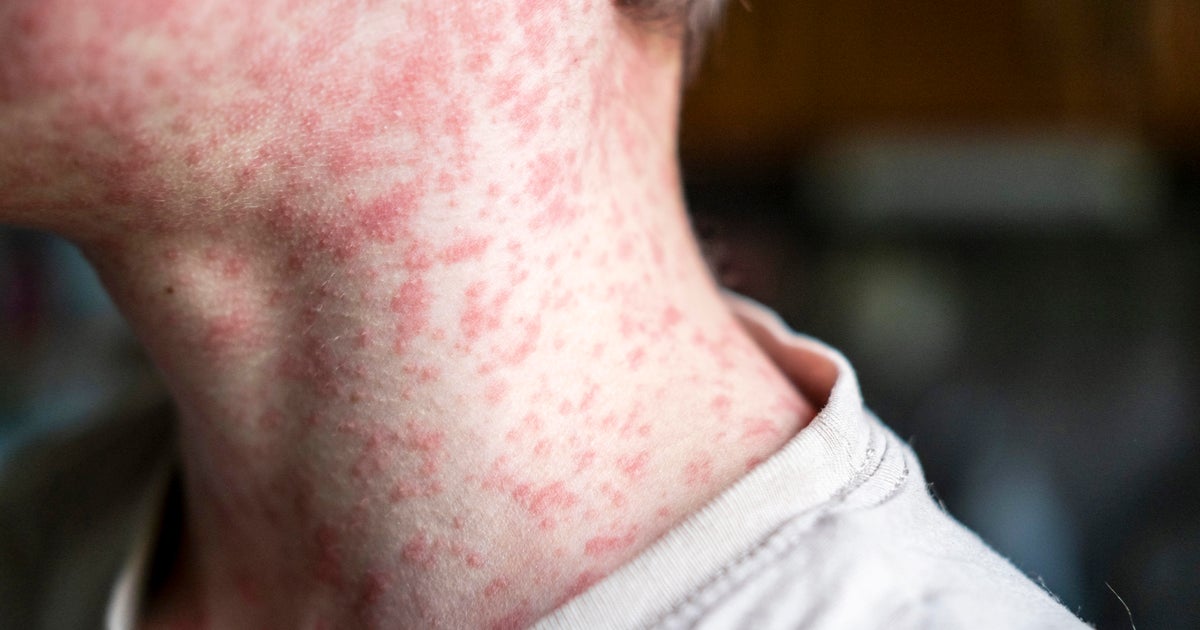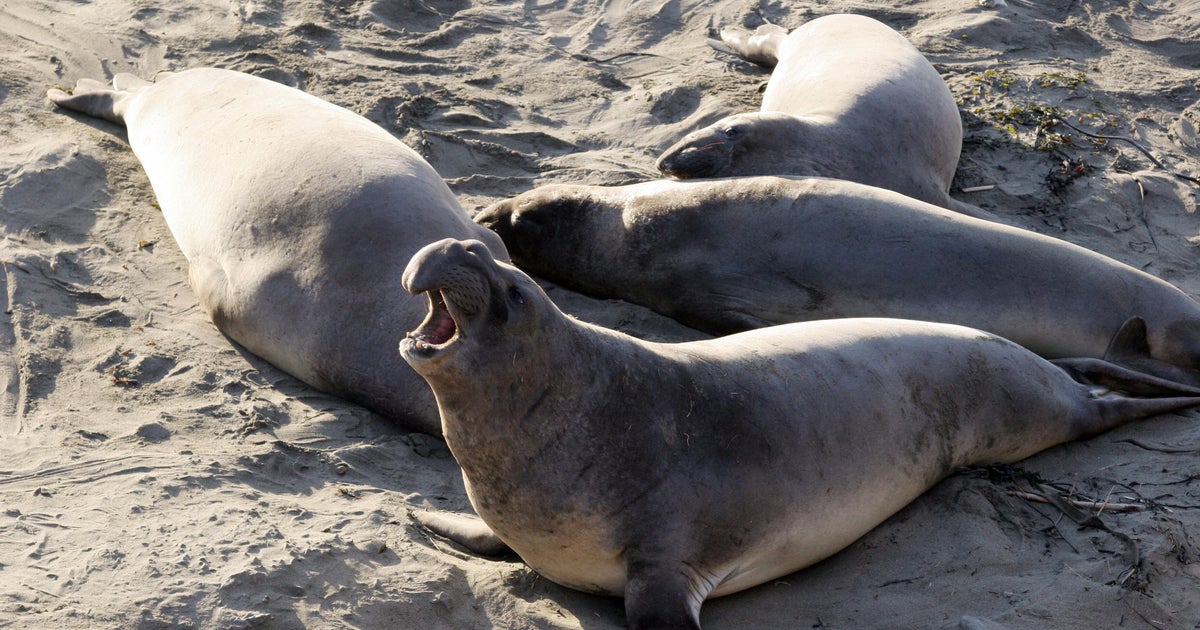Cantaloupe Likely Source of Listeria Outbreak
DENVER (CBS4)- Cantaloupe is the likely source of a multi-state listeria outbreak that includes nine cases in Colorado. Two people died after being infected by the bacteria.
All the victims are adults ranging from their 30s to their 90s from eight Front Range counties: Adams, Arapahoe, Boulder, Denver, Douglas, El Paso, Jefferson and Weld.
The multi-state investigation includes two potentially-related cases in Texas and one in Nebraska. The Centers for Disease Control and Prevention is coordinating the multi-state investigation with affected states, the Food and Drug Administration and the U.S. Department of Agriculture's Food Safety Inspection Service. The Colorado Dept. of Public Health and Environment also is working on the investigation.
All nine of Colorado's confirmed cases consumed cantaloupe. No specific source of the product has been identified.
"While the investigation into the source of the Listeria outbreak is continuing, it is prudent for people who are at high risk for Listeria infection to avoid consumption of cantaloupe," said Colorado Dept. of Public Health Exec. Director Dr. Chris Urbina.
On average, Colorado has only about 10 cases of listeriosis a year. All of the ill people in Colorado were hospitalized and two died; one of the two deaths is not among the nine cases that now are part of the multi-state investigation.
People who are at high risk for listeriosis include people age 60 and older; people with weakened immune systems from transplants or certain chronic diseases, immunosuppressive therapies or medications; and pregnant women. Healthy adults rarely develop this illness.
The Colorado Department of Public Health and Environment shared the following specific recommendations for people at high risk for Listeria infection:
Meats
Do not eat hot dogs, luncheon meats, cold cuts, other deli meats (e.g., bologna), or fermented or dry sausages unless they are heated to an internal temperature of 165 F, or until steaming hot just before serving.
Avoid getting fluid from hot dog and lunch meat packages on other foods, utensils and food preparation surfaces, and wash hands after handling hot dogs, luncheon meats and deli meats.
Do not eat refrigerated pâté or meat spreads from a deli or meat counter or from the refrigerated section of a store. Foods that do not need refrigeration, such as canned or shelf-stable pâté and meat spreads, are safe to eat. Refrigerate after opening.
Seafood
Do not eat refrigerated smoked seafood, unless it is contained in a cooked dish, such as a casserole, or unless it is a canned or shelf-stable product. Refrigerated smoked seafood, such as salmon, trout, whitefish, cod, tuna and mackerel, is most often labeled as "nova-style," "lox," "kippered," "smoked" or "jerky." These fish typically are found in the refrigerator section or deli counters of grocery stores and delicatessens. Canned and shelf-stable tuna, salmon and other fish products are safe to eat.
Cheeses
Do not eat soft cheese such as feta, queso blanco, queso fresco, brie, Camembert, blue-veined or panela (queso panela) unless it is labeled as made with pasteurized milk. Make sure the label says, "made with pasteurized milk."
General recommendations from CDC:
Thoroughly cook raw food from animal sources, such as beef, pork or poultry, to a safe internal temperature. For a list of recommended temperatures for meat and poultry, visit
Rinse raw vegetables thoroughly under running tap water before eating.
Keep uncooked meats and poultry separate from vegetables, cooked foods and ready-to-eat foods.
Do not drink raw (unpasteurized) milk, and do not eat foods that have unpasteurized milk in them.
Wash hands, knives, countertops and cutting boards after handling and preparing uncooked foods.
